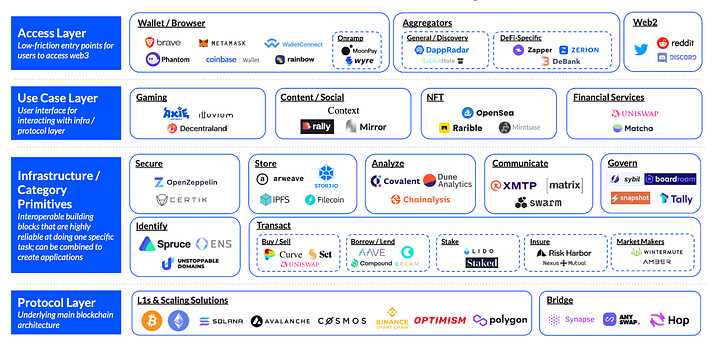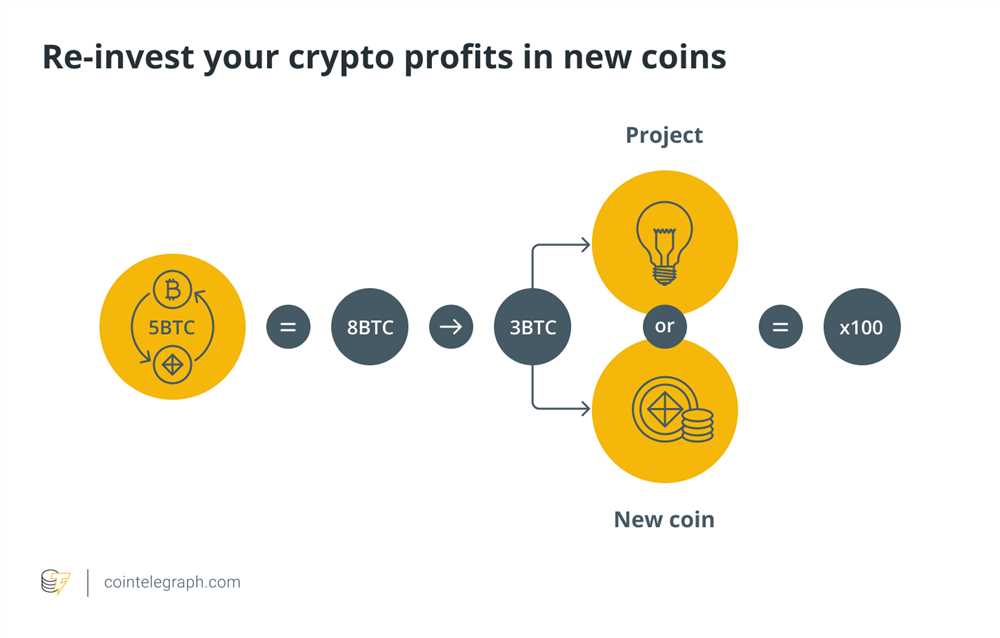
In a shocking turn of events, Alison Rose, the CEO of NatWest, has announced her resignation amidst the debanking scandal. This scandal has sent shockwaves through the banking industry and has raised serious questions about the bank’s handling of the situation.
The debanking scandal revolves around allegations that NatWest arbitrarily closed the accounts of several customers without providing adequate explanations or recourse. This controversial practice known as debanking has been met with widespread criticism and has led to calls for greater accountability and transparency in the banking sector.
Under Rose’s leadership, NatWest has struggled to navigate the fallout of the debanking scandal. The bank’s reputation has been tarnished, and its customers have faced significant hardships as a result of their accounts being closed without warning or justification. This has not only damaged the trust between NatWest and its customers, but it has also raised concerns about the broader implications for the industry as a whole.
The resignation of Alison Rose marks a turning point for NatWest and serves as a stark reminder of the consequences of mishandling such a sensitive issue. It highlights the need for banks to prioritize the needs of their customers and to act in a manner that is transparent, fair, and accountable.
Alison Rose’s Resignation: The Background

Alison Rose, the former CEO of NatWest, recently announced her resignation following the debanking scandal that rocked the bank. The scandal involved the arbitrary closure of bank accounts for a number of customers, leaving them without access to their funds and causing significant distress.
The debanking scandal came to light when several customers reported that their accounts had been closed without warning or explanation. Many of these customers were small businesses that relied on their accounts for everyday operations, and the sudden closure left them unable to pay employees or suppliers.
NatWest initially claimed that the closures were due to compliance issues and concerns about money laundering. However, it soon became clear that the bank’s actions were far from justified, with many customers having no prior history of any financial wrongdoing. The arbitrary nature of the closures raised serious questions about NatWest’s due diligence procedures and its treatment of customers.
Public outcry over the debanking scandal led to an investigation by regulatory authorities, who found that NatWest had indeed acted improperly. The bank was fined and ordered to compensate affected customers for their losses. This added further pressure on Alison Rose, who was ultimately held accountable for the bank’s mishandling of the situation.
Alison Rose’s resignation marks a significant development in the aftermath of the debanking scandal. It highlights the seriousness of the issue and the need for accountability within the banking industry. The resignation also raises questions about the future direction of NatWest and its ability to rebuild trust with its customers.
NatWest’s Role in the Debanking Scandal

NatWest, a major UK bank, found itself at the center of controversy in the debanking scandal. The scandal revolved around the bank’s decision to withdraw banking services from a number of high-risk and politically controversial clients.
The debanking scandal was a result of increased regulatory pressure on banks to combat money laundering, terrorism financing, and other illicit activities. NatWest, like many other banks, took a proactive approach to managing these risks.
However, the bank’s debanking strategy came under scrutiny when it was revealed that innocent businesses and individuals were also caught up in the process. Many of these clients had their accounts closed or faced severe restrictions, resulting in financial losses and reputational damage.
NatWest’s role in the scandal was characterized by its failure to adequately assess the individual circumstances of each client before making a debanking decision. The bank relied heavily on automated risk assessment algorithms, which led to a lack of human oversight and an inability to consider the specific needs and risks associated with each client.
This one-size-fits-all approach drew criticism from affected clients and industry experts who argued that NatWest should have exercised more discretion and flexibility in its debanking decisions. The bank’s actions were seen as a violation of the principles of fair banking practices and customer-centricity.
Furthermore, NatWest’s decision to debank certain clients for political reasons raised concerns about its role in stifling free speech and impeding lawful activities. The bank was accused of succumbing to political pressure and acting as the arbiter of acceptable business practices.
NatWest’s debanking scandal not only damaged its reputation but also raised questions about the regulatory framework and the role of banks in managing risks. The incident highlighted the need for a more balanced approach to risk management that takes into account both regulatory requirements and the specific circumstances of each client.
In response to the fallout from the scandal, NatWest has taken steps to review and improve its debanking processes. The bank has pledged to ensure a more thorough assessment of client profiles and has committed to providing clearer explanations for its debanking decisions to impacted clients.
Overall, NatWest’s role in the debanking scandal serves as a cautionary tale for banks and highlights the importance of striking the right balance between risk management and client service.
The Fallout of the Debanking Scandal

The debanking scandal involving NatWest has had far-reaching consequences, impacting not only the reputation of the bank but also its customers and the wider public. The fallout from the scandal has been significant, with ripple effects being felt throughout the financial industry.
Damage to NatWest’s Reputation

NatWest, once regarded as a trusted and reliable institution, has suffered a severe blow to its reputation. The debanking scandal, which involved the bank’s decision to sever ties with certain customers, has raised questions about NatWest’s ethical practices and its commitment to serving all customers fairly. The public’s trust in the bank has been eroded, leading to a decline in customer confidence and potential long-term damage to the bank’s brand image.
Impact on Customers

The consequences of the debanking scandal have been felt by many of NatWest’s customers. Those who were debanked have experienced significant disruption to their financial lives, with sudden account closures and restricted access to banking services. This has caused hardship and inconvenience for individuals and businesses alike, with some customers being forced to find alternative banking arrangements at short notice.
Furthermore, the debanking scandal has created a climate of uncertainty for NatWest’s customers. There is now a fear among customers that they may also become victims of debanking, resulting in heightened anxiety and mistrust towards the bank. This has the potential to drive customers away from NatWest, leading to a loss of business and further damaging the bank’s financial stability.
Additionally, the scandal has also raised concerns about financial discrimination. Many of the customers who were debanked belonged to high-risk industries such as cryptocurrency and adult entertainment. This has sparked a wider debate about the banking industry’s responsibility to ensure equal access to financial services for all customers, regardless of their business activities.
Overall, the fallout from the debanking scandal has been extensive and far-reaching. It remains to be seen how NatWest will recover from the damage to its reputation and regain the trust of its customers. In the meantime, the impact of the scandal serves as a stark reminder of the importance of ethical practices and fair treatment in the financial industry.
What is the debanking scandal and how did NatWest handle it?
The debanking scandal refers to the practice of banks severing ties with certain types of customers, particularly those in high-risk industries such as cryptocurrency and gambling. NatWest faced criticism for its handling of this issue, as it reportedly debanked several legitimate businesses without proper explanation or due process.
What were the consequences of Alison Rose’s resignation?
Alison Rose’s resignation as CEO of NatWest had several consequences. It created uncertainty and instability within the bank as the leadership role became vacant. It also raised questions about NatWest’s handling of the debanking scandal and whether more accountability and transparency were needed. Additionally, it had an impact on investors and shareholders, who may have been concerned about the bank’s future performance under new leadership.
How did NatWest’s handling of the debanking scandal affect its reputation?
NatWest’s handling of the debanking scandal had a negative impact on its reputation. The bank was criticized for its lack of transparency and accountability in debanking legitimate businesses. This raised concerns about the bank’s ethics and whether it was unfairly targeting certain industries. As a result, NatWest’s reputation suffered and it may have lost some trust and confidence from its customers and the general public.
What could NatWest have done differently to avoid the debanking scandal?
NatWest could have taken several steps to avoid the debanking scandal. Firstly, they could have implemented a more rigorous due diligence process to properly assess the risks associated with different industries and customers. This would have helped them identify which businesses posed genuine risks and which were legitimate and compliant. Additionally, NatWest could have communicated more effectively with customers, providing them with clear explanations and reasons for debanking decisions, as well as an avenue for appeal or resolution. This would have helped maintain trust and transparency in the bank’s actions.







